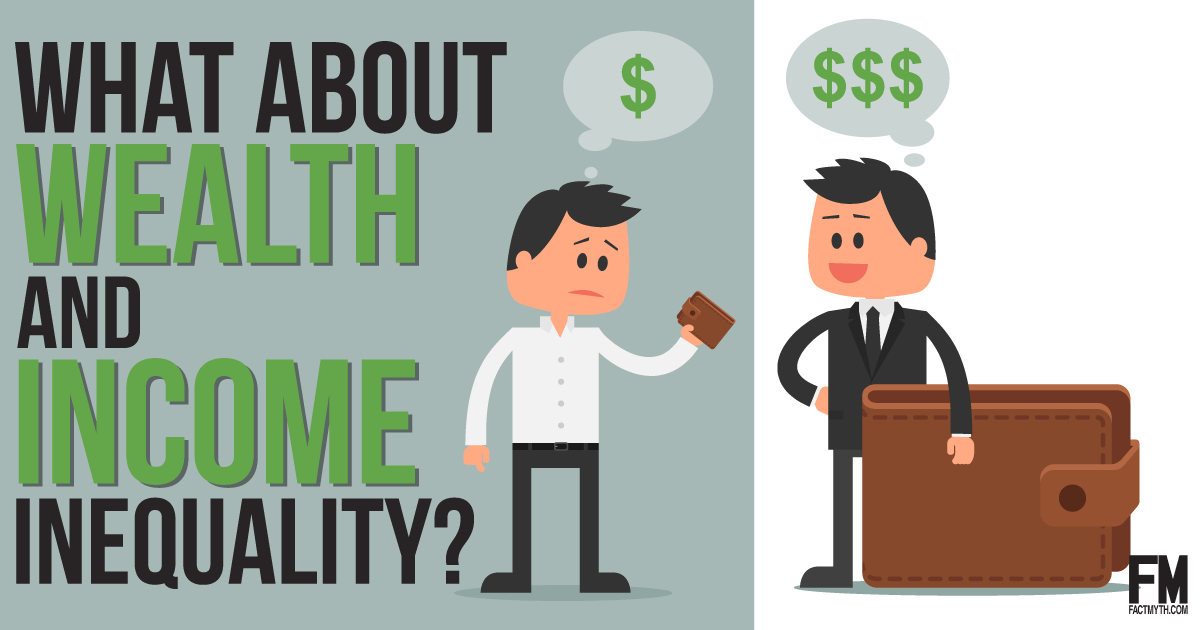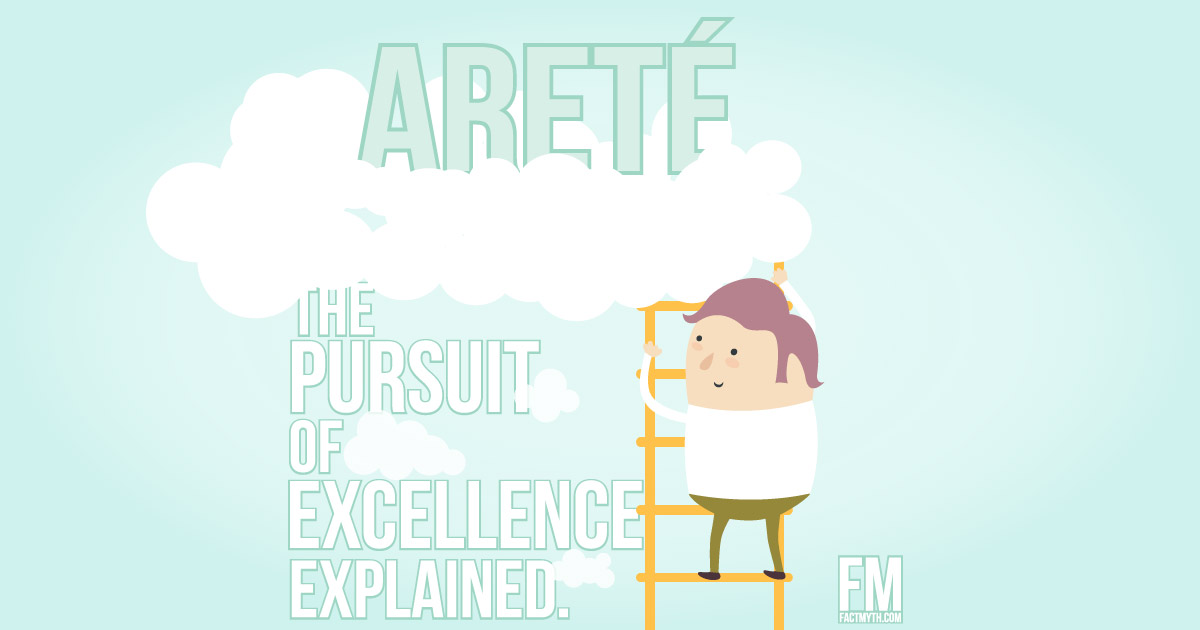Wealth and Income Inequality

We explain economic inequality from a historical perspective, and then consider the effects of wealth inequality and income inequality in America today.
Happiness is a state of joy, we can consider happiness as a physical, mental, emotional, or even spiritual state of elation caused by higher and lower order factors.
The freedom to pursue happiness is perhaps the most basic human right, while happiness itself (as a broad concept) can be said to be the meaning of life.
We can understand happiness physiologically, psychologically, or philosophically and look for the many complex drivers and cause and affect relationships. On one level happiness is a testable chemical reaction, but on another level some of the truest words on happiness are spoken by poets. The core is simple, the mechanics complex.
Is happiness gained through aesthetic pleasures (sensual), either immediate or tactically planned, or are more ethical pleasures they key? Which one is more just, virtuous, and ethical? Either/ør is perhaps the best answer, although some (like me) claim A and B, but only in moderation with the two tempering each other.
– A Chinese Proverb

We explain economic inequality from a historical perspective, and then consider the effects of wealth inequality and income inequality in America today.

We present a discussion on “the meaning of life as happiness,”the Greatest Happiness Theory,” “the Good Life,”the Pursuit of Happiness,” and Virtue Theory.

Areté roughly means “moral virtue”. It refers to an innate “excellence” or “essence” in all things, and the striving toward that potential or purpose.